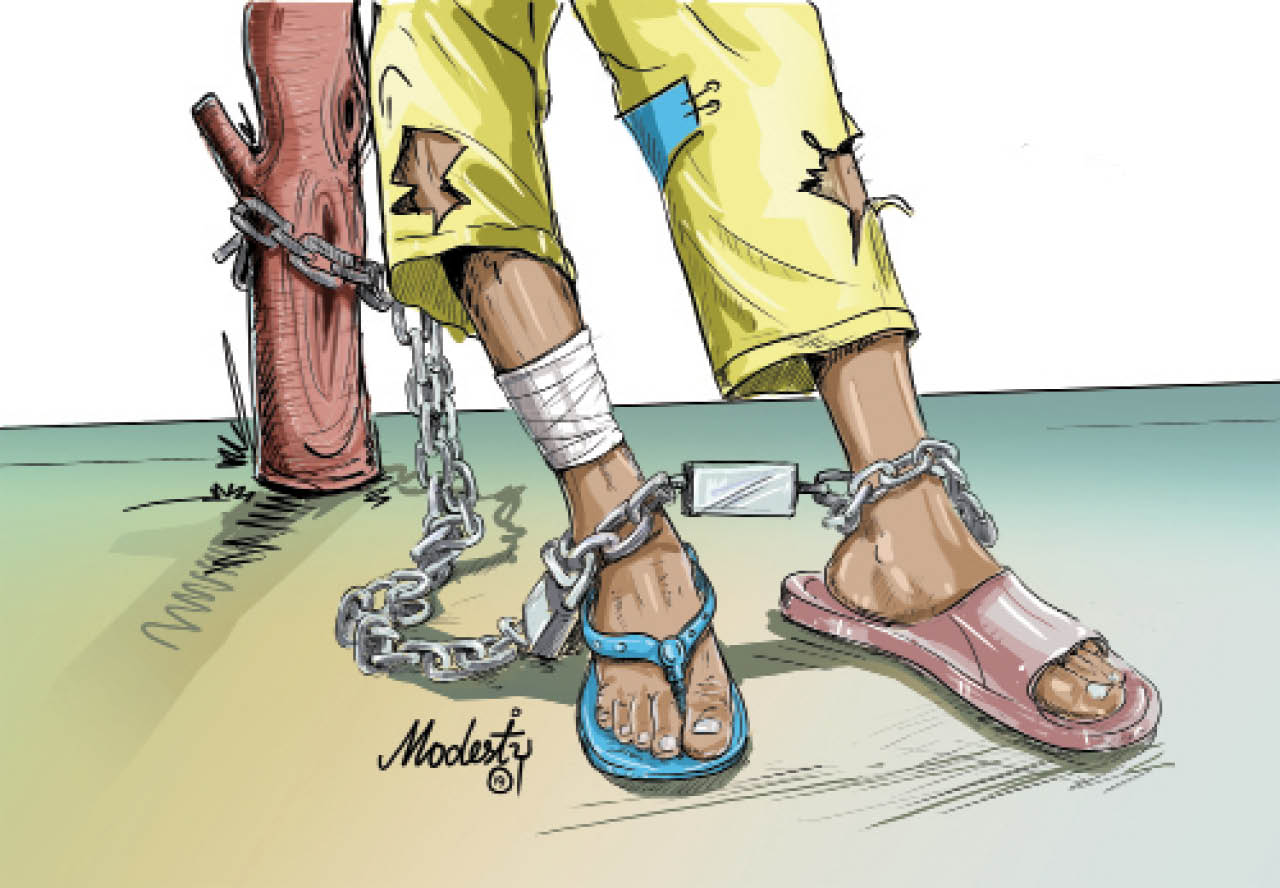Penultimate Tuesday, a scandalous report emanated from Ebonyi State that a total of 7,014 maternal deaths were recorded from 40 primary healthcare centres across the state between January and June 20, 2022.
The Programme Manager for Ebonyi State Emergency Maternal and Child-born Intervention Centre for United States Agency for International Development-Integrated Health Programme (USAID-IHP), Mrs Augustine Otu, released the figures during a one-day training programme for primary healthcare workers organised by USAID-IHP and its development partners towards preparing health workers ahead of the Mother Newborn Child Health Week (MNCHW).
According to the Programme Manager, “Record has it that Nigeria is among the worst hit in maternal mortality death rate in the world and Ebonyi State is among the leading states that contributed to this record. The last survey we took recorded 7,014 deaths in just 40 health facilities. So, imagine if we had gathered reports from other health centres in the state.”
USAID-IHP noted that the situation was exacerbated by the fact that women in the state who attend ante-natal services in equipped or recognised health facilities end up patronising quacks and traditional birth attendants, during childbirths, increasing maternal, child morbidity and mortality.
The Ebonyi State figure adds to the depressing numbers of maternal mortality in Nigeria. In December 2020, the United Nations Economic Commission for Africa (ECA) said one in seven global maternal deaths occurred in Nigeria. That is more than 50,000 women dying per year in Nigeria. And it is more troubling because ECA said about 95 per cent of deaths during childbirth are preventable.
Also, latest figures show a maternal mortality rate of 576 per 100,000 live births, the fourth highest on earth. This means that in Nigeria, each year, approximately 262,000 babies die at birth, the world’s second highest national total.
This means that Nigeria, which represents 2.4 per cent of the world’s total population, records 19 per cent of global maternal deaths. Basically, it shows that one Nigerian woman dies every 13 minutes, that is 109 women dying every day, from preventable causes related to pregnancy and childbirth. This is as alarming as it is scary. This indeed should worry any government or stakeholder in the health sector. In the 21st century, so many women should not have to die during child birth.
What makes the Ebonyi situation really bad is that the figure represents only recorded deaths and does not include those that may have occurred in communities where women do not go to health facilities to give birth. It is discomforting that since the story broke, the Federal Ministry of Health has been silent on it. Ordinarily, this should have led to immediate investigations to find out why such a number of deaths could be generated within so short a time. However, it is not too late to do so. We call on the federal, state and local governments including Civil Society Organisations and donor partners to wade into the issue.
Towards this, we commend USAID-IHP, which has already donated health equipment to 212 health facilities in the state, which include 171 primary healthcare centres located in all the political wards, 14 state general hospitals and 26 selected private medical facilities.
In addition, over 800 health workers have been trained in the state by USAID-IHP in collaboration with the Ebonyi State Ministry of Health. We hope that all these efforts help to stem the tide.
The Ebonyi State should also study and implement the strategies used by Ondo State, where maternal mortality ratio reduced by over 33 per cent within a short time.
Most importantly, the Ebonyi State government should declare a state of emergency in the health sector. It should take all measures to stop preventable deaths by extending primary healthcare centres to remote communities with particular focus on safe motherhood, maternal and newborn health.
Some of these primary healthcare centres should be elevated to Comprehensive Maternal and Child Care (CMCC) centres with resident doctors who can conduct surgeries in these communities in case of emergencies. There should be facilities which can handle caesarian sections before women are taken to the referral facilities where surgeries can take place.
Also, government and donor agencies should ensure the availability of basic operating supplies, cleaning supplies, casual staff salaries, maintenance and fuel.
In addition, the Traditional Birth Attendants (TBAs) in communities should be retrained and incorporated into the primary healthcare cantres. Because they are trusted members of the remote communities, they could help identify pregnant women and encourage them to go for antenatal checkups and then give birth at the facilities. And for those who choose not to give birth at the facility, they should be monitored.
It is quite surprising that the state, which is implementing the Free Maternal and Child Health Care Programme (FMCHCP) in secondary, tertiary public and some private health facilities, is recording these dismal numbers. They, therefore, must ensure diligent implementation and monitoring of the programme.
The obvious lapses in the poor provision of maternal healthcare services, especially in the rural areas, must stop.

 Join Daily Trust WhatsApp Community For Quick Access To News and Happenings Around You.
Join Daily Trust WhatsApp Community For Quick Access To News and Happenings Around You.


